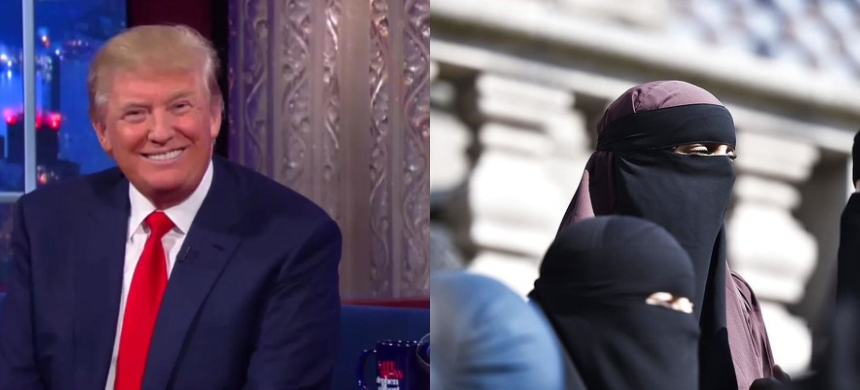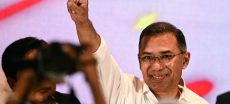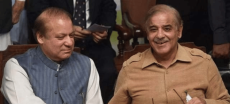In a surprising statement, former President Donald Trump recently voiced his support for the niqab, a traditional Muslim garment that covers a woman’s face. Speaking at an event, Trump remarked that wearing the niqab could be more convenient than applying makeup, suggesting that if he were a woman, he would opt for the niqab over the daily routine of cosmetic application.
Trump’s comments have sparked widespread discussion, with many debating the implications of his words. “It’s a lot easier than doing makeup,” Trump said, adding, “If I were the woman, I would prefer the niqab. It’s less time-consuming and less of a hassle.”
READ MORE — Trump shifts strategy, targeting Harris’s policies and criticisms instead of personal attacks.
The former president’s remarks have been met with a mix of reactions. Supporters of Trump see this as a practical observation, highlighting the convenience of the niqab in a busy lifestyle. However, critics argue that his comments oversimplify the cultural and religious significance of the garment, reducing it to a mere convenience item.
The niqab, traditionally worn by some Muslim women, is often misunderstood in Western societies. For many, it is a symbol of modesty and faith, deeply rooted in religious and cultural practices. Trump’s casual endorsement of the niqab as a makeup alternative has been interpreted by some as a trivialization of these important cultural symbols.
This isn’t the first time Trump has made headlines for his remarks on women’s issues and cultural practices. During his presidency, he was often at the center of controversies regarding his views on Islam and the treatment of women. This latest comment has once again placed him in the spotlight, raising questions about his understanding of cultural and religious practices.
Trump’s statement also comes at a time when discussions about religious freedom and women’s rights are particularly charged. Around the world, the niqab and other forms of Islamic dress have been subjects of debate, often caught between issues of personal freedom, religious expression, and societal norms.
As the debate continues, it remains to be seen how Trump’s remarks will influence the ongoing discussions about the niqab and women’s rights. While some may view his comments as a light-hearted take on a serious issue, others see it as another example of his often controversial approach to complex cultural matters.
In any case, Trump’s endorsement of the niqab as a practical choice for women is likely to remain a topic of conversation, illustrating once again how the former president’s words can stir up both support and controversy in equal measure.











